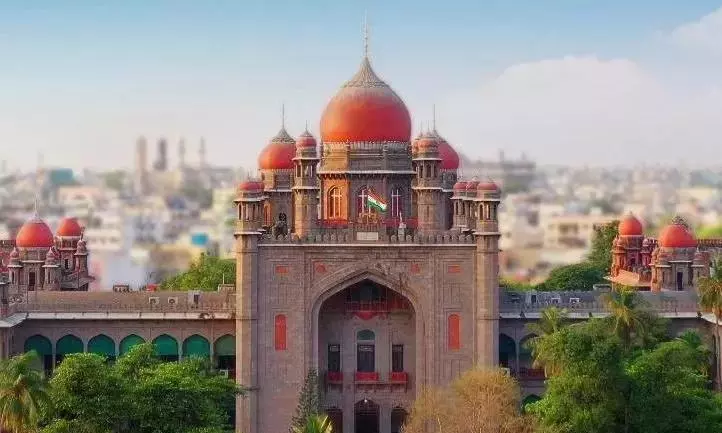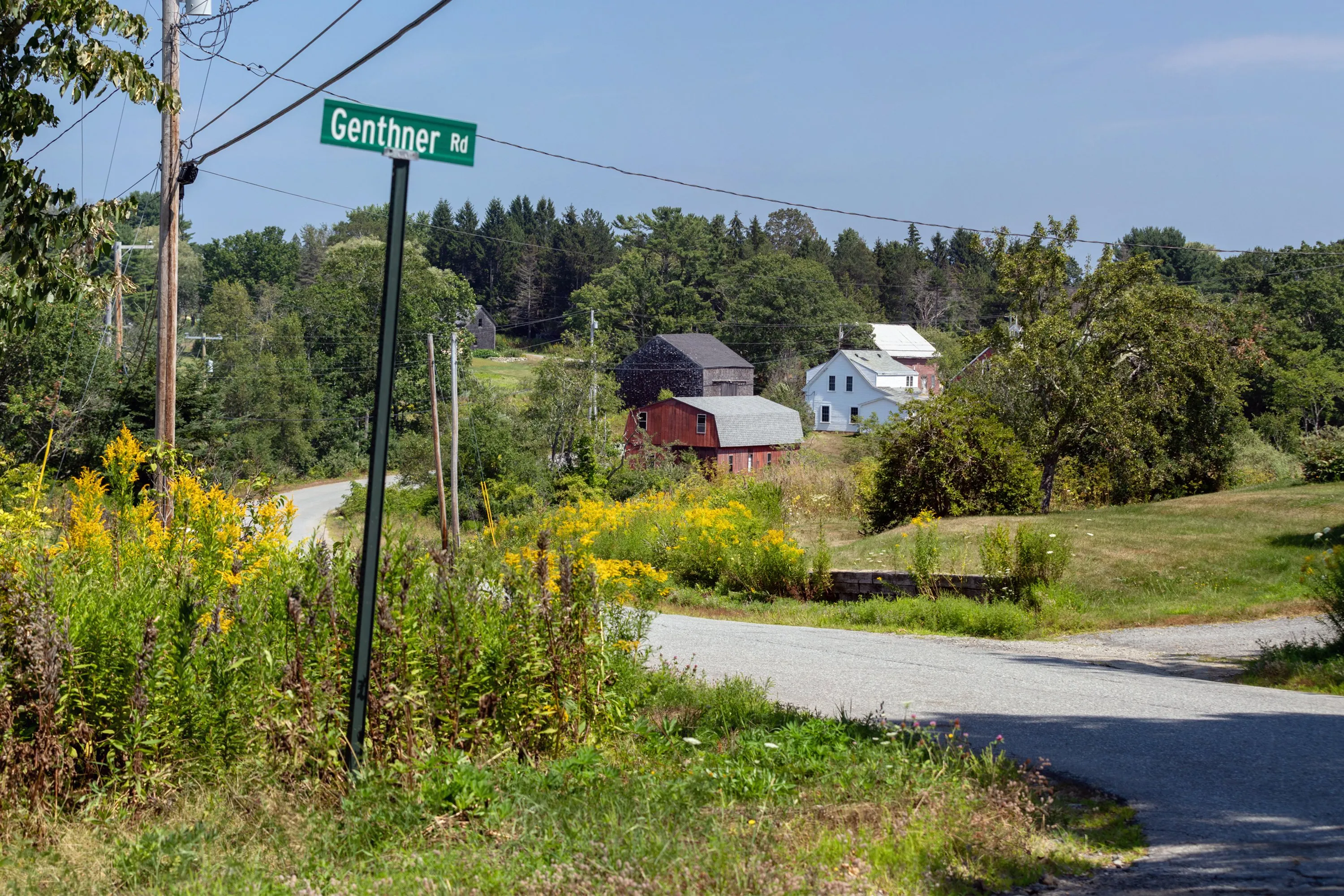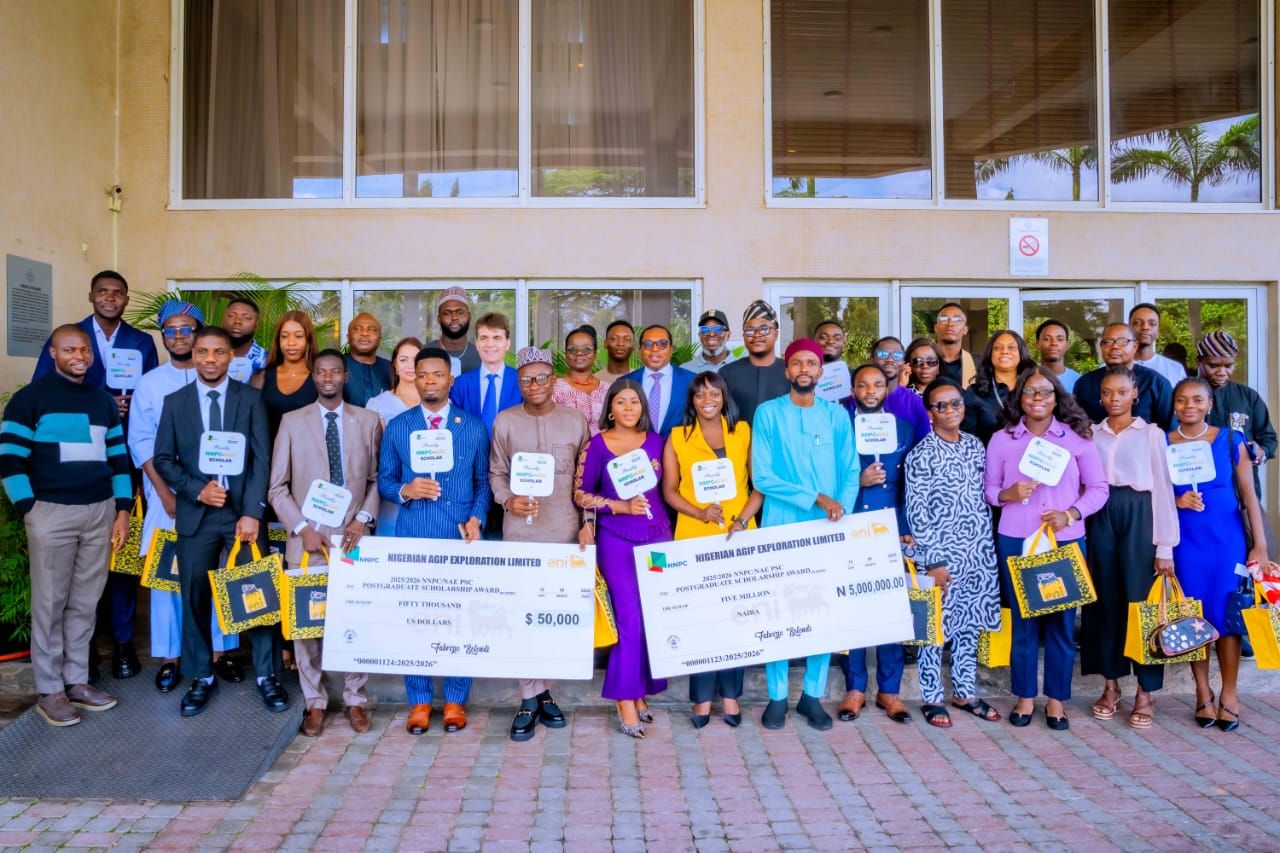By L. Ravichander
Copyright deccanchronicle

Hyderabad:The Telangana High Court dismissed a writ plea challenging the refusal of MBBS/BDS admission under the management quota ‘B’ category on the ground that the student had missed the online registration deadline. A panel comprising Chief Justice Aparesh Kumar Singh and Justice G.M. Mohiuddin judge was hearing a writ plea filed by Badri Tejal, who contended that her omission to register online within the stipulated time was inadvertent and that the Kaloji Narayana Rao University of Health Sciences should be directed to permit her registration and participation in the ongoing or next phase of counselling. The university, in its response, submitted that the deadline had expired and counselling had commenced on September 15 following the Supreme Court’s ruling on the local candidate issue. The panel held that admission schedules were governed by strict timelines and cut-off dates and declined to direct the university to allow the petitioner to register. It was recorded that if the application date was extended in future, the petitioner would be at liberty to apply, and her request shall be considered in accordance with law.Peddacheruvu tender challengedJustice B. Vijaysen Reddy of the Telangana High Court took on file a writ plea filed by a constructor questioning the action of the Telangana Urban Finance Infrastructure Development Corporation Limited and others, in calling for fresh tenders through an e-procurement notice for infrastructural development works in Thorrur municipality. The judge was hearing a writ plea filed by SRV Constructions, a special class contractor. The petitioner contended that the tender proceedings were arbitrary and illegal since the restoration and conversion works relating to Peddacheruvu tank bund under the Mission Kakatiya-II scheme had been entrusted to it pursuant to a 2018 contract, of which nearly 80 per cent of the work had been completed. The petitioner alleged that SCHCPL JV Thorrur, another contractor, was interfering with the ongoing project, though the contract period had been extended in favour of the petitioner. Standing counsel for the respondent authorities submitted instructions stating that only 56 per cent of the work had been completed within the contract period. It was pointed out that the petitioner himself had addressed a letter expressing inability to complete the work, which was communicated to the engineer-in-chief. The judge ordered notice to issue to the private respondent and also noted that the petitioner would be required to seek a formal revision of the extension of time to justify his continuation with the project.Land row sent to Waqf TribunalJustice Nagesh Bheemapaka of the Telangana High Court refused to entertain a writ plea concerning land originally granted as Madad-e-Mash Inam by the erstwhile Nizam and instead directed the parties to approach the Waqf Tribunal. The judge was dealing with a writ plea filed by Khaja Salahuddin, challenging the proceedings of December 2023 initiated by the Telangana Waqf Board to remove alleged encroachments and take possession of the property under the Waqf Act. The petitioner contended that the land was a Madad-e-Mash Inam grant made to his great-grandfather, forming part of his family’s private ancestral properties. He relied on Occupancy Rights Certificates (ORCs) issued in 1977 and a no-objection certificate from the Waqf Board which acknowledged that the land was not attached to any religious institution. He argued that although the land was notified as Waqf property in the Andhra Pradesh Gazette in 2002, that notification was quashed by the High Court in 2016 and upheld on appeal, with no subsequent survey or fresh notification having been issued. The petitioner alleged that the present proceedings were instigated by a malicious complaint from his cousin and were based on a unilateral report prepared without his knowledge, in violation of the procedure prescribed under the Waqf Act. He contended that the action was without jurisdiction, violated due process, and infringed his constitutional rights. The respondents, including the Waqf Board and private parties argued that the land was not Madad-e-Mash, but a Qazath Service Inam granted to support the religious office of the Qazi of Bodhan, thereby qualifying as Waqf property. They maintained that the petitioner’s family were shikmidars (shareholders entitled to profits) without ownership or possessory rights. Allegations were also made that the petitioner forged documents, including the 1977 ORC, and manipulating historical revenue records (munthakabs). The respondents highlighted that the family had filed more than 46 cases concerning the same property, frequently shifting their legal stance sometimes admitting the land was Waqf property and at other times asserting private ownership. The judge reiterated that disputes concerning Waqf property should ordinarily be decided by the Waqf Tribunal under Section 83 of the Waqf Act and directed the…



